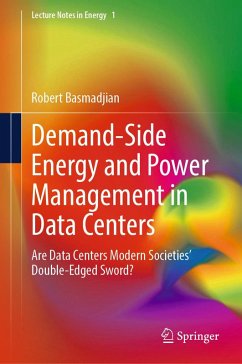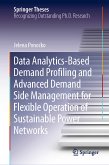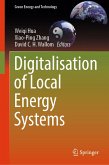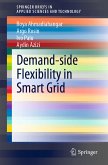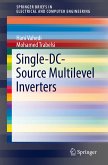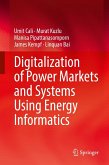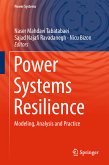Data centers are the backbones in realizing digitization where they host ICT (information and communication technologies) resources like servers, storage devices and networking equipment. Despite their advantages in terms of providing numerous services to our modern society (e.g. social media, e-commerce, online learning), the major drawback is that data centers devour enormous amounts of energy. It is expected that the energy usage of data centers will increase in the next few years - expected to reach almost 25% of the world's overall consumption - due to the emerging and expanding technologies such as Blockchain and 5G.
Dieser Download kann aus rechtlichen Gründen nur mit Rechnungsadresse in A, B, BG, CY, CZ, D, DK, EW, E, FIN, F, GR, HR, H, IRL, I, LT, L, LR, M, NL, PL, P, R, S, SLO, SK ausgeliefert werden.

